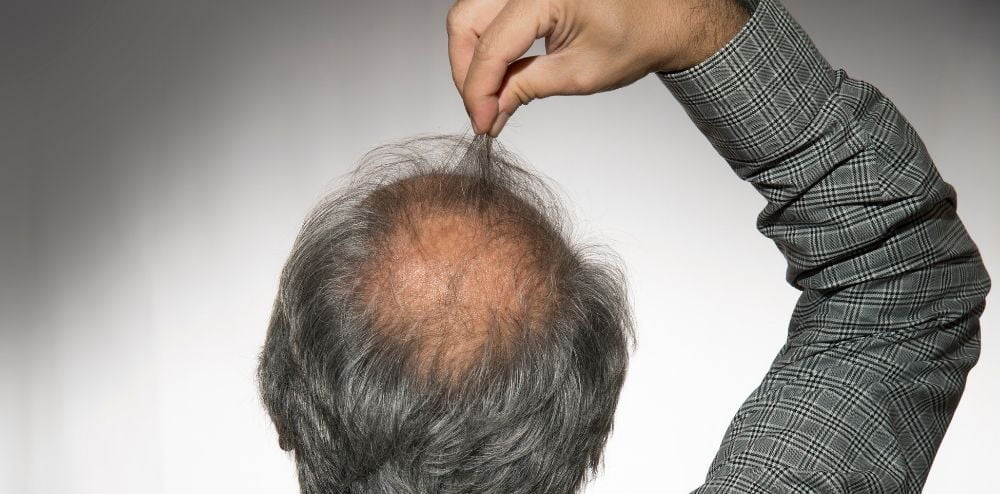Many people suffer from hair loss, and hair transplant surgery is a typical method of treatment. Many, however, are skeptical that hair transplants will be permanent solutions. In reality, there is no easy yes or no response. The lifetime of hair transplants and the factors that influence their effectiveness are the focus of this essay.
Understanding Hair Transplant Surgery
Hair follicles are removed from a donor location (often the back of the head) and transplanted to balding or thinning sections of the scalp during hair transplant surgery. Follicular Unit Transplantation (FUT) or Follicular Unit Extraction (FUE) are two common techniques for accomplishing this. In FUT, a strip of donor hair is removed and then dissected into individual follicular units, whereas in FUE, the follicular units themselves are extracted.
The Success Rate of Hair Transplants
Most people who undergo hair transplant surgery are pleased with the results, which often include a noticeable increase in hair density and thickness. The quality of the donor hair, the health of the patient, and the expertise of the surgeon all contribute to whether or not the surgery is successful. The American Society of Plastic Surgeons reports a 90 percent success rate for hair transplants.
How Long Does Hair Transplant Last?
Hair transplant results might be variable in terms of how long they last. The transplanted hair usually lasts for the rest of the patient’s life and continues to grow. The hair transplant may not look as good as intended if the surrounding hair begins to thin and fall out due to age or other circumstances.
What Determines How Long a Hair Transplant Lasts
The success of a hair transplant depends on a number of criteria, such as the age of the patient, the degree of hair loss, and the quality of the donor hair. Hair loss is a natural part of aging, and it might affect the way a transplant looks on an older patient. Patients with severe hair loss may need repeat procedures or extra treatments to keep their hair from falling out again.
Maintenance and Aftercare
A hair transplant will last as long as its recipient takes care of it. After surgery, patients should follow their surgeon’s instructions for washing and caring for their scalp, which typically includes avoiding the use of harsh chemicals and heat styling products. Checkups with the surgeon at regular intervals can also help maintain the transplant’s health and appearance.
Proper care must be taken after a hair transplant process for the transplanted hair to thrive and endure as long as feasible. Hair transplant patients can benefit from the following aftercare advice:
In the days immediately following surgery, you should try to avoid touching your scalp too much. This can hinder the development of the transplanted hair follicles.
For at least 10 days after surgery, you should refrain from heavy physical activity and perspiration to avoid sweating, which can promote itching and infection.
In the 10-14 days following surgery, you should avoid exposing your scalp to direct sunlight. Wearing a cap or spraying on some sunscreen will help prevent sun damage to the scalp.
Keep taking anti-infection, anti-inflammatory, and hair-rejection drugs as directed.
To aid in the body’s recovery from the transplant, refrain from smoking and drinking for a few weeks.
Eat a balanced diet full of protein, vitamins, and minerals to promote healthy hair.
After a hair transplant, it is recommended to gently cleanse the scalp with a moderate shampoo. After the third day after surgery, you can safely begin shampooing your hair again.
To protect your hair and scalp, use a brush with gentle bristles.
For at least a week after surgery, you should forego headgear and helmets to give your scalp a chance to heal and prevent any unnecessary pressure from being applied to your newly transplanted hair.
Conclusion
Hair transplants have the potential to permanently address hair loss, but the results may vary depending on a number of factors. The finest outcomes can be achieved when patients give considerable thought to their selections and collaborate with a skilled surgeon. A successful outcome of the treatment can also be ensured by diligent maintenance and aftercare.
Finally, hair transplants are a long-term solution to baldness. The quality of the donor hair, the expertise of the surgeon, and the aftercare of the transplanted hair are all crucial to the procedure’s success. Hair transplants, if taken care of properly, can last a lifetime and look completely natural. Antalya Hair Transplant is here to answer any questions you may have about our services and how we can help you restore your self-esteem by giving you back your full head of hair if you are considering a hair transplant.







